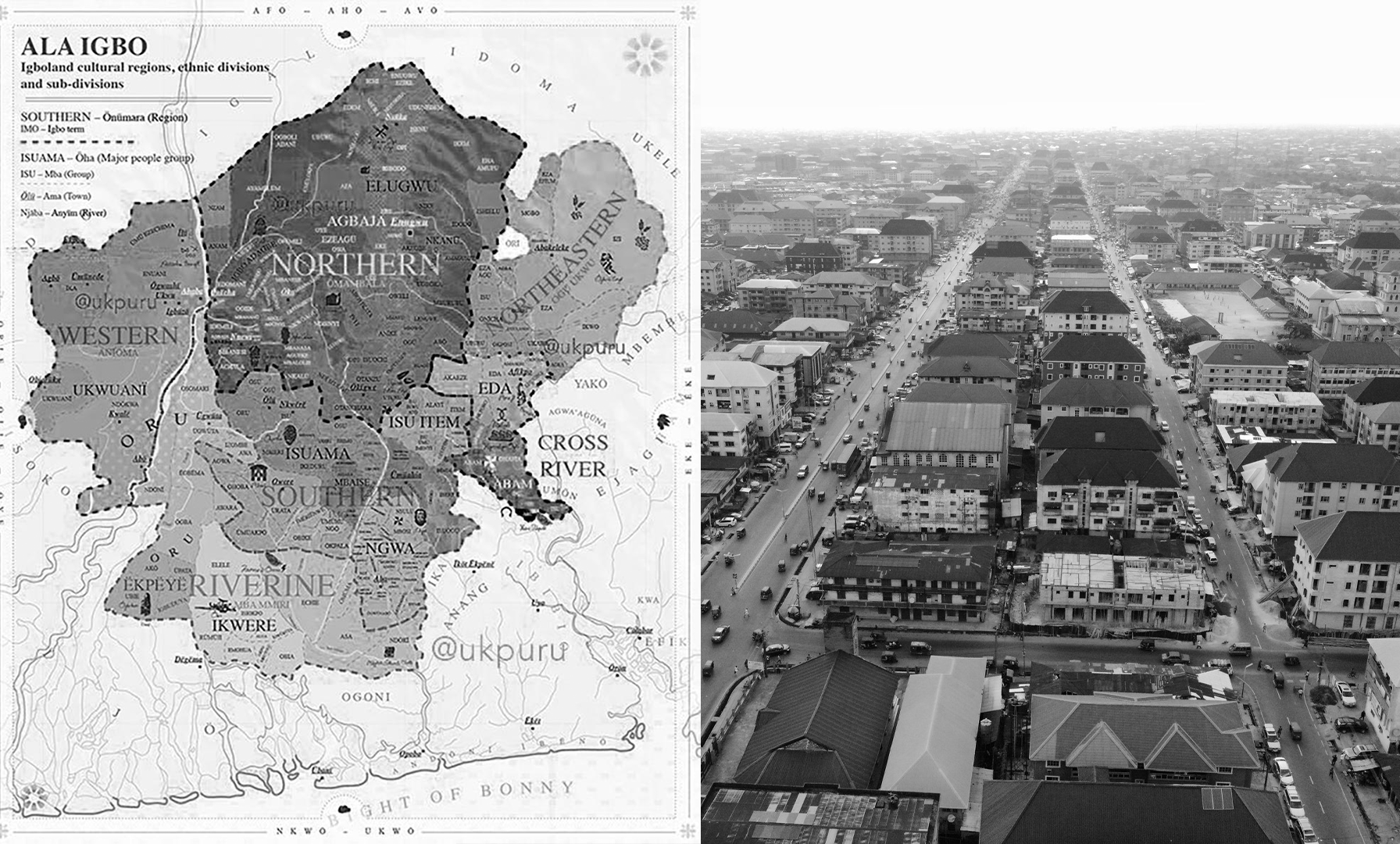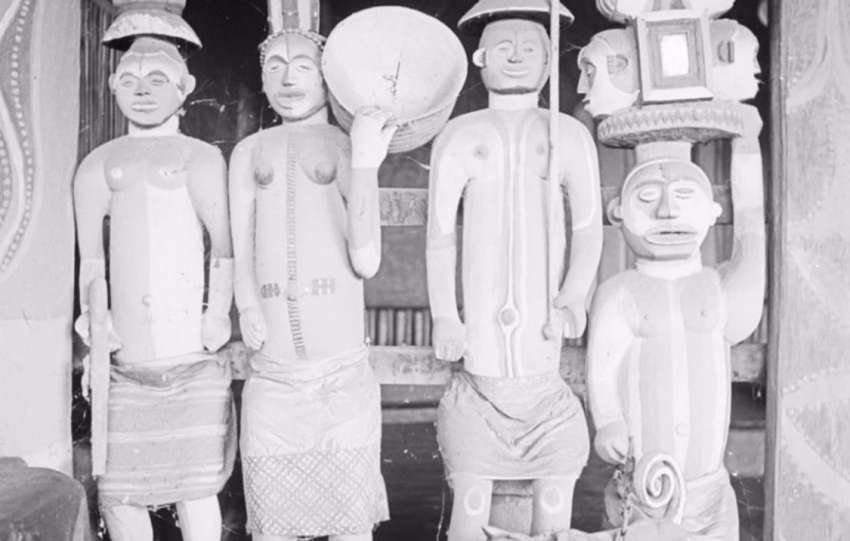
The Ngwa People
Ngwa is an Igbo subgroup from Abia State, Southeastern Nigeria. The origin of Ngwa people dates back to the 14th century when they migrated from the Igbo heartland, from a village called Umunoha in the present Owerri zone of Imo State Nigeria
The name “Ngwa” is believed to be derived from the Igbo word “Ngwá-Ngwa,” meaning “to migrate quick” or “to move quick.” ( Mr. J.E.N. Nwaguru)
According to tradition, the people of Umunoha village traveled for many days in search of new places to live. Eventually, they arrived at the banks of the massive Imo River, where they found food to eat. At that time, the Imo River had overflowed, so they were tired and needed to find something to eat. The only food item they found convenient to eat was yam. One group decided it would be faster to roast the yams, while the other group preferred to boil them. While they were busy preparing the food, the stream started to rise. Three of the traveling brothers who had boiled their yams quickly consumed the food, packed up their belongings, and crossed over the river, leaving their kit behind and kin who had decided to roast their yam. The three brothers who succeeded to reach the left bank of the river were Ukwu, Nwoha, and Avosi, in age order. They were named “Ngwa” because they were quick to cross the river, while the remaining individuals on the right bank were called “Ohuhu.” Till date, towns and villages on the other side of the Imo River are still referred to as “Ndi-Ohuhu” or “Umu-Ohuhu.”
The capital of Ngwa-land is Okpu-Ala Ngwa in today’s Isiala-Ngwa North.
The following are popular Ngwa towns and cities, Aba, Mgboko, Osisioma, Umuoba, Owerinta, Nbawsi (Nvosi) and Okpu-Alangwa.
The Ngwa people developed a distinct culture, language, and tradition, while maintaining their Igbo heritage. They are known for their rich cultural practices, such as the “Ekpe” festival, and their expertise in agriculture, particularly in yam and staple crops cultivation.


